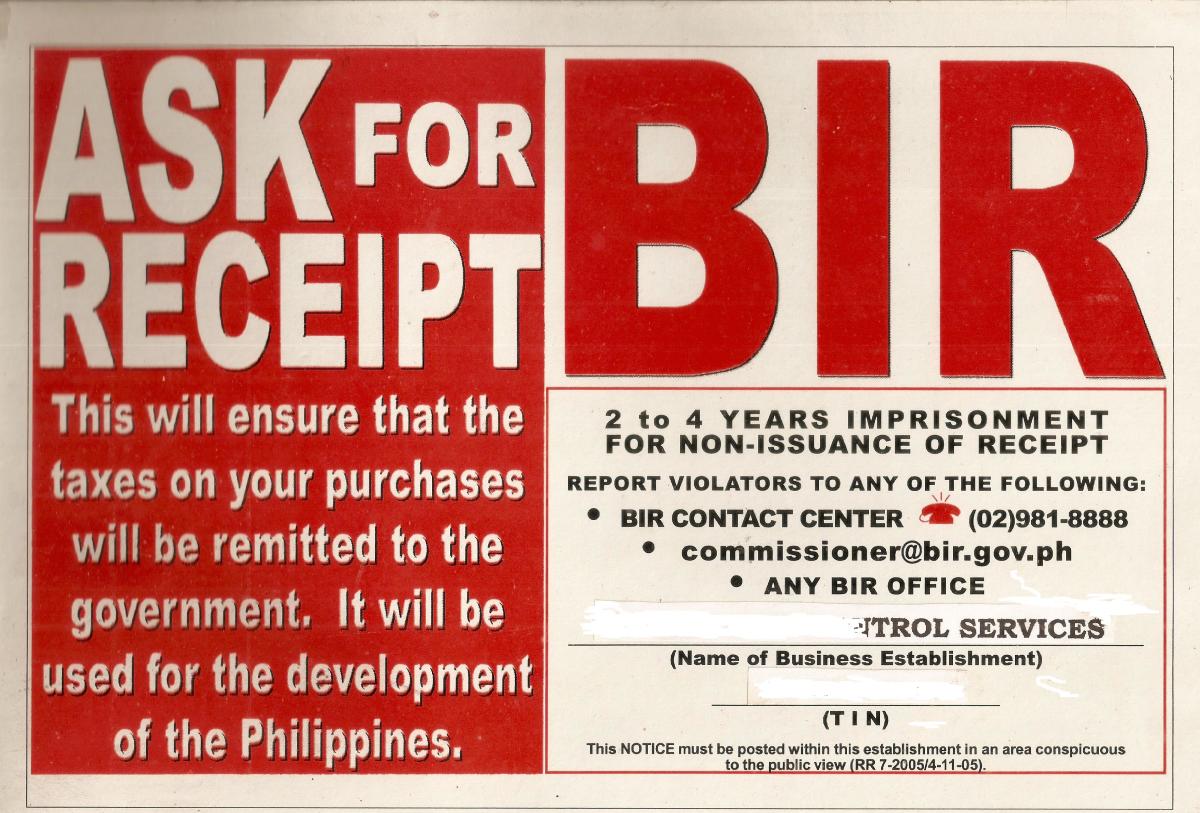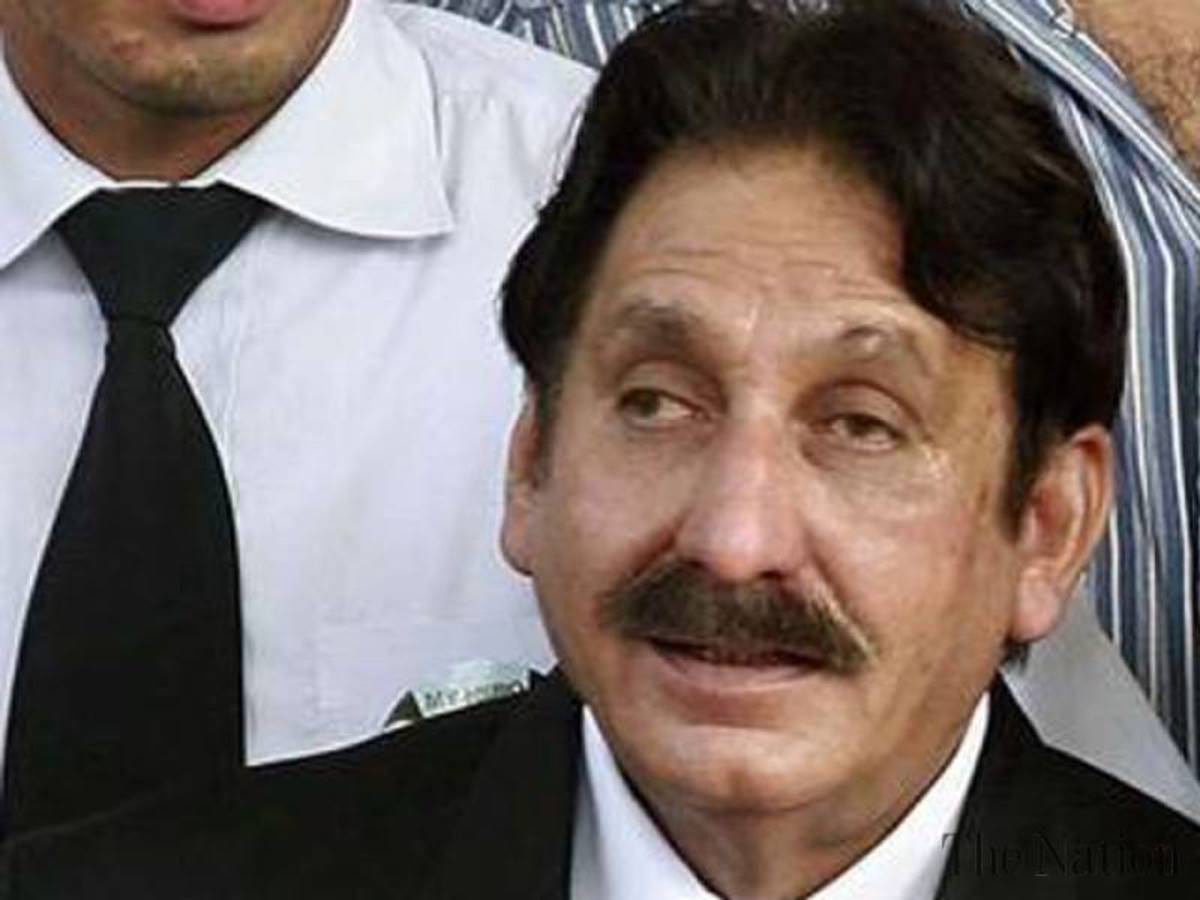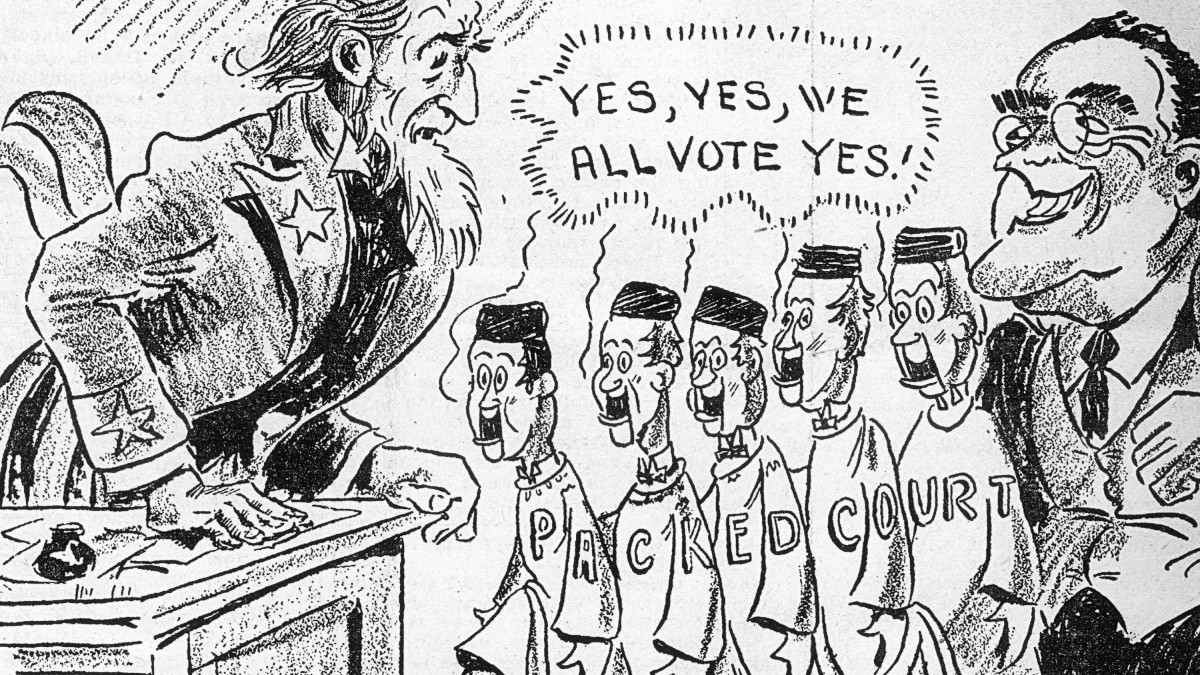Philippine History: The Impeachment Trial of Supreme Court Chief Justice Renato C. Corona
I Love the Law...
“I love the law...” this is the start of a longer dialogue from the film Philadelphia, this is actually my favorite line in the film when Andrew Beckett (Tom Hanks) explained what he loved about the law, something about seeing justice being served occasionally, not often. This line comes back to me as I follow the impeachment trial of Philippine Supreme Court Chief Justice Renato Corona. I get so caught up with the daily drama that I even follow the news about it, the write-ups, the opinions. I am no legal expert though I did study it for a while in one of the premiere colleges in Manila. But leaving law school did not stop my love affair with legal drama and the impeachment trial is the biggest show on the road this side of the earth.

Philippine Supreme Court Chief Justice On Trial
Imagine a roomful of highly intelligent individuals who toiled for over 9 years to earn their degree, pass the bar exams to finally be able to practice law. To me the law is man’s greatest invention, without which we would still be in the dark ages probably, making up the rules as we go along. It is also a great equalizer as it applies the same way to everybody. And so Supreme Court Chief Justice Renato C. Corona (now deceased) is subject to the same law even if he is the highest authority on the law in the Philippines.
Senate President Juan Ponce Enrile

The Impeachment Proceedings in the Philippine Senate
The impeachment trial of Philippine Supreme Court Chief Justice Renato C. Corona was a significant event in Philippine political history. It took place in January 2012, marking the first time a Chief Justice of the Philippines was impeached and removed from office. The Philippine Senate led by its President Juan Ponce Enrile served as the judge of whether the Chief Justice should be removed from office. The proceedings were televised live and ran for 4 months.
An impeachment trial is a formal process reserved for high ranking government officials who hold significant power in running a government. In the Philippines these include the President, the Vice President, Members of the Supreme Court (Chief Justice and Associate Justices), Members of Constitutional Commissions (e.g., the Commission on Elections, Commission on Audit, and Civil Service Commission), and the Ombudsman.
The impeachment's goal is to address serious allegations of wrongdoing or misconduct. It serves as a constitutional mechanism to hold government officials accountable and potentially remove them from office for committing acts such as treason, bribery, or other high crimes and misdemeanors.

The Articles of Impeachment
The impeachment complaint against Chief Justice Renato C. Corona contained eight articles of impeachment, although only three were the main focus of the entire trial. These are:
1. Non-disclosure of SALN (Article 2),
2. Partiality in Supreme Court decisions (Article 3), and
3. Betrayal of public trust through improper use of judicial funds (Article 7).
The articles outlined the accusations related to corruption, lack of transparency, and bias in decision-making. Ultimately, it was the second article, regarding the non-disclosure of his SALN, that played the most pivotal role in his conviction.
Schooled By the Late Mirriam Defensor-Santiago
The Impeachment Process
Impeachment Process
The process of impeachment typically involves two stages: impeachment (the accusation) and the trial (which determines guilt and the potential removal from office).
1. Impeachment (Accusation Stage)
Initiation: The process usually begins with the filing of an impeachment complaint, often initiated by members of the legislature (House of Representatives in the the Philippines) or other authorized parties. The impeachment case against Chief Justice Renato C. Corona was filed by Congressman Reynaldo Umali of the 2nd District of Oriental Mindoro, along with 188 members of the Philippine House of Representatives. They endorsed the impeachment complaint against Corona on December 12, 2011.
2. The Impeachment Trial
Once an official is impeached, the case moves to the trial stage, conducted by the upper chamber of the legislature (Senate), acting as an impeachment court. The articles of impeachment are presented to the Senate, and preparations are made for the trial. The Senate acts as the jury or judge in the trial.
The trial is presided over by a designated figure, often the chief justice of the Supreme Court. But since the Chief Justice is the one on trial, the Senate President became the presiding officer. The prosecution was handled by members of the house of representatives that initiated the impeachment. The Chief Justice was represented by a slew of high-power legal stalwarts, led by former Solicitor General, Estelito Mendoza.
Outcome of the Trial
Supreme Court Justice Corona was convicted and removed from office on May 29, 2012. He is barred from ever holding any public office again. Corona forfeited all his government retirement benefits and faced additional legal challenges.
After his impeachment, Corona’s health reportedly declined, and he largely stayed out of the public eye. On April 29, 2016, Renato Corona died of a heart attack at the age 67. His death marked the end of his legal battles, as unresolved cases against him were rendered moot.
Corona's impeachment and removal left a lasting impact on the Philippine judiciary and set a precedent for accountability, but it also raised concerns about political influence on the judiciary and the impeachment process.
Senate President Juan Ponce Enrile: The Sharpest Tool in the Shed
Educational, Entertaining, and a Little Frustrating
The impeachment trial of the chief justice has all the makings of a saga, an epic battle between good and evil. But as it unfolded before our eyes the lines drawn between what is good and what is evil started to blur. The accusers have not fully prepared themselves for their battle as the legal team of the accused stood promptly bored holes on the case that the accusers were trying to build. Through it all the wisdom of Senate President Juan Ponce Enrile shone through. At 88, he was the sharpest tool in the shed. Wise and magnanimous, he single-handedly guided the entire process into a fruitful discourse and outcome as he kept everyone in line. He was credible, charismatic and worthy of respect. Newly appointed International Criminal Court judge Miriam Defensor Santiago was a cross between a sober voice of legal reason and a court jester. She has kept the prosecutors on their toes and kept the viewers educated and entertained.
The most glaring blemish in the whole affair was the poor execution of the prosecution team. Made up of congressmen-lawyers with the help of big-named private lawyers in the land, the group totally demolished their own presentation. Enrile warned them early on that they may commit a fatal error just with the way their complaint was worded. They were met with objections at every turn up to the the point where they needed to trim down their eight articles of impeachment to just three.
For better of for worse we witnessed Philippine democracy in all its glory, the impeachment is at the same time entertaining, educational, and a little frustrating.








